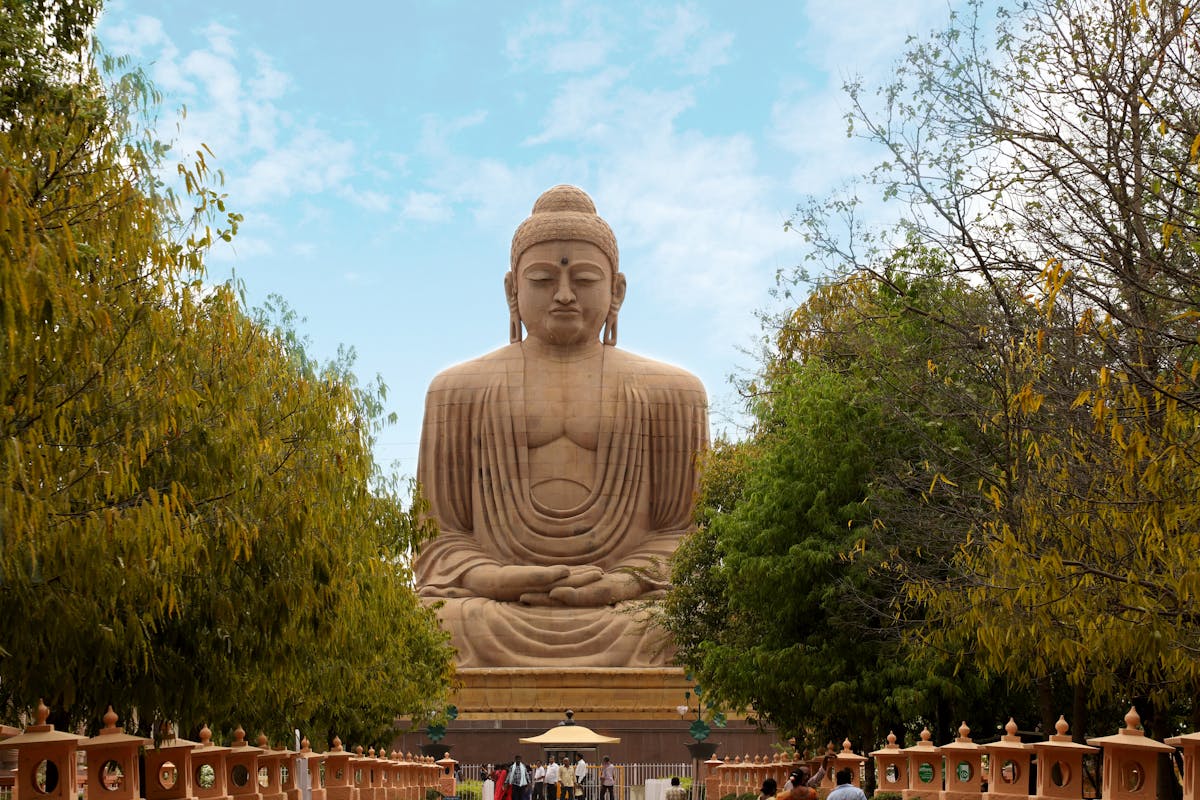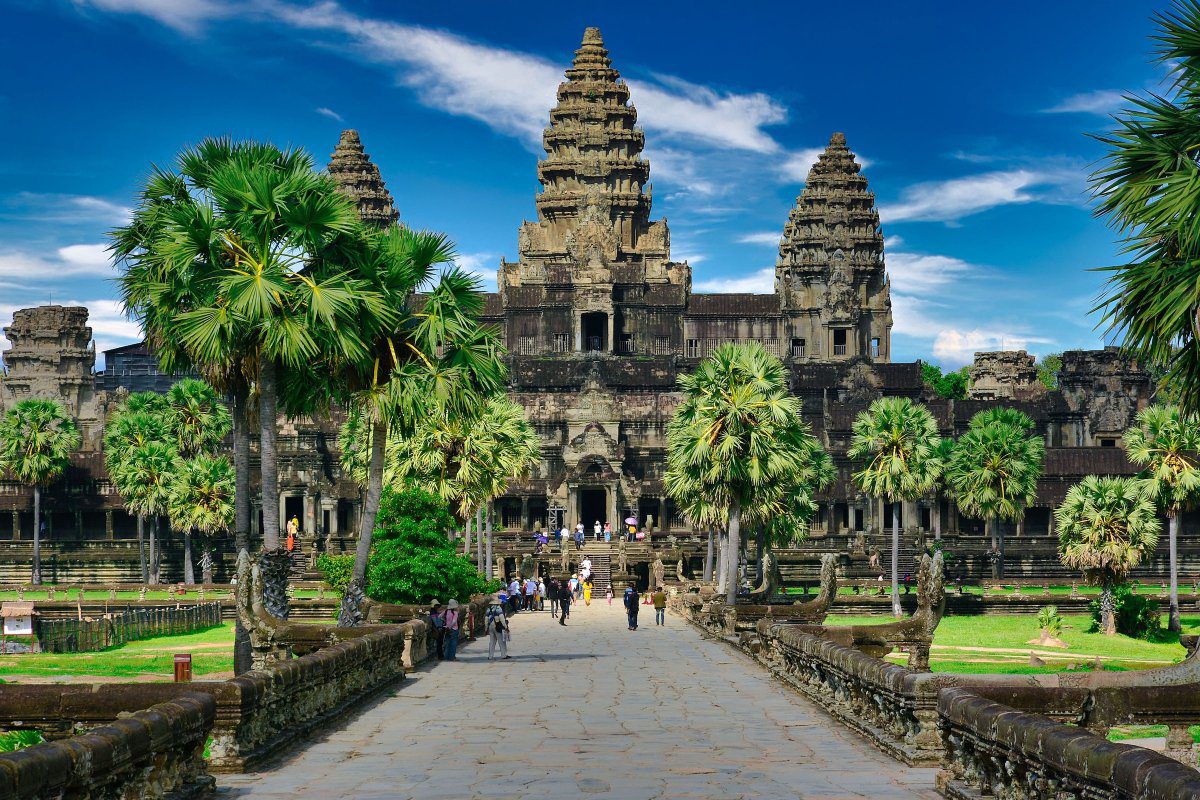Indian Union Budget: The Hits and Misses for Tourism

Skift Take
The Indian government announced the Union Budget for the 2025-26 fiscal year on Saturday, bringing modest gains for certain sectors in tourism. While the global marketing budget for tourism, which the government slashed by 97% last year to INR 30 million ($361,000), remains unchanged, the government has increased the overall tourism budget by nearly 4% to INR 25.4 billion ($293 million).
Deep Kalra, the chairman of World Travel & Tourism Council, India Initiative (WTTCII), highlighted this miss, "There was a strong expectation for an enhanced international marketing budget to support India’s growing ambitions as a global tourism hub." Kalra also spoke of an urgent need for an empowered, strategically driven India Tourism Board to amplify India’s global footprint.
Despite industry demands, the long-sought "industry status" for the sector remains unaddressed. However, signaling an intent to attract international tourists, the government has announced streamlined e-visa facilities and visa fee waivers for select tourist groups.
In a positive move, policymakers have proposed raising the tax collected at source (TCS) threshold on remittances under RBI’s Liberalized Remittance Scheme (LRS) from INR 700,000 ($8074) to INR 1 million ($11,534). Previously, overseas tour packages incurred a 5% TCS rate up to INR 700,000 and 20% beyond that. With the revised threshold, travelers can expect a slight reduction in the cost of overseas trips.
However, there is still no change in the Goods and Services Tax (GST) system for the industry, despite continued appeals from hospitality, aviation, and online travel stakeholders.
Catch the CEOs from Air India, IndiGo and MakeMyTrip on stage at Skift India Forum in Delhi-NCR on March 17-18.
Key Takeaways from the Budget
- Tourism Development: 50 tourist destinations will be developed in collaboration with state governments.
- Hotel Financing: Hotels in these destinations will have access to loans on easier terms and eligibility to borrow from the government’s India Infrastructure Financing Company (IIFCL).
- Homestay Support: The government will provide Micro Units Development & Refinance Agency (MUDRA) loans to support the growing homestay sector. A Skift research report last year projected that India's short-term rental industry is poised to become a $3 billion market by 2033.
- Spiritual Tourism: Continuing last year’s emphasis on religious destinations, the government will prioritize tourism related to the life and times of Lord Buddha. There is a significant market for religious tourism around Lord Buddha in Southeast Asia. In 2023, the birthplace of Gautam Buddha, Lumbini, alone received close to 1 million tourists, including Nepal nationals. Travel players such as MakeMyTrip, Ixigo, and Indian Hotels Company (IHCL) have seen their businesses grow in recent quarters driven by spiritual tourism.
- Skill Development: Intensive training programs will be introduced for youth, including courses at hospitality management institutes.
- Destination Management: Performance-linked incentives will be provided to states to improve tourist amenities, cleanliness, and marketing efforts.
Airline Executives Weigh In
The budget’s focus on infrastructure promises significant benefits for the aviation industry, particularly through improved air connectivity and streamlined regulations. Leaders in the sector believe these measures will unlock the full potential of regional travel and contribute to economic growth.
IndiGo CEO Pieter Elbers sees the emphasis on building world-class airports and improving connectivity as an investment in a “future-ready travel ecosystem.” For Akasa Air CEO Vinay Dube, the push towards infrastructure development is a welcome move that will improve accessibility and drive tourism.
"We are particularly pleased to see a specific mention of augmenting airport infrastructure at Patna and Bihar, where we have just commenced services," Air India Express Managing Director Aloke Singh said.
Calling the budget "forward-looking and middle-class friendly, Ajay Singh, chairman and managing director of SpiceJet, said it would boost spending and stimulate development.
Travel and Tourism Industry Feedback
The travel and tourism industry has responded with a mix of optimism and calls for further reforms. Through the increase in tax exemptions and the rationalization of TCS on remittances the government expects to boost discretionary travel spending, particularly for international travel.
MakeMyTrip Co-Founder and Group CEO Rajesh Magow feels that the challenge-mode approach to developing 50 destinations, backed by performance-linked incentives, shifts the focus to outcome-driven execution. "The Finance Minister’s announcements reflect a clear intent to harness the potential of travel and tourism sector by prioritizing infrastructure, improving access, incentivizing investment, and expanding its reach beyond established hubs," he said.
According to Mahesh Iyer, managing director and CEO at Thomas Cook (India) the increase in the tax exemption ceiling from the earlier INR 700,000 and rationalisation of TCS on remittances will support discretionary spending on travel, both domestic and international.
Beyond air travel, Aloke Bajpai, group CEO at Ixigo, welcomed the expansion of regional airports, particularly in Bihar. “For a population of over 120 million, having just three operational airports has been insufficient. The expansion is essential to meet the rising demand for air travel, support first-time flyers, and accommodate growing air traffic,” Bajpai said.
Agoda has observed a rising interest in inbound travel to India, according to its senior country director Krishna Rathi. The UDAN expansion, homestay support, and state-government collaborations on tourist destinations would help sustain this momentum, he said.
A Progressive Intent, But...
At the policy level, FAITH (Federation of Associations in Indian Tourism and Hospitality) considers the budget’s intent to be progressive but stresses the need for additional stimulus measures, such as e-visa waivers for key tourism groups. The Indian Association of Tour Operators (IATO) sees the increase in TCS exemption as a positive step though it awaits more detailed implementation guidelines.
The Hotel Association of India summed up the industry's sentiment succinctly: the sector's full potential hinges on the timing, extent, and level of government support. "Achieving our targets for 2047 would depend on the execution of the intent,” it noted.
In its Vision 2047, the association projects that the hotel industry’s direct contribution to GDP will reach $73 billion by 2027, $271 billion by 2037, and nearly $1 trillion by 2047.






